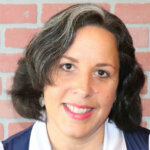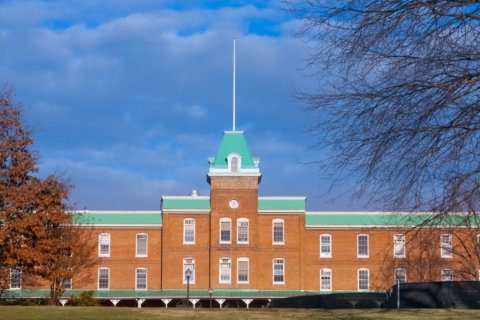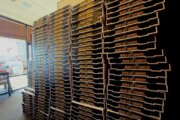School officials are concerned that many students are falling behind in their academic learning levels with the disruption of schooling amid the COVID-19 pandemic. In D.C., they’re working on a plan to get kids back on track.
The proposed budgets for D.C.’s schools for the upcoming year include the learning recovery plan, educational programs aimed at countering the educational backslide students have experienced during the pandemic.
“I think we need to be really clear that there are no silver bullets to how we accelerate learning. There are no items you take off the shelf and magically have our students back on track,” said D.C. Public Schools Chancellor Lewis Ferebee. “It is going to require more time with our talented educators, with our students, and we set out a plan to make that happen.”
There are some new educational offerings in the plan.
- Sign up for WTOP alerts
- Latest coronavirus test results in DC, Maryland and Virginia
- Coronavirus vaccine FAQ: What you need to know
- Latest vaccination numbers in DC, Maryland and Virginia
- Data Doctors: Tech tips for online COVID-19 vaccine appointments
- Biden tours Pfizer plant as weather causes vaccine delays
- Winter weather snarls delivery of COVID-19 vaccine doses headed to DC area
Looking for more information? D.C., Maryland and Virginia are each releasing more data every day. Visit their official sites here: Virginia | Maryland | D.C.
For all students, Ferebee wants to see integrated academic and social emotional learning, which would include adjusting school curriculum and instruction to respond to student data and push accelerated learning practices.
For students who are falling behind, there will be two tiers of offerings, depending on how far they have fallen behind.
“Our most intensive model is a high-dose tutoring, which is going to be targeted for a very a small group of students at each school, approximately 10% of our student population,” Ferebee said.
“This will be one-to-one or one-to-three tutoring that would occur over the summer, before or after school, in time periods where students can get additional time with teachers or tutors,” he added. The hope is to have those students in tutoring sessions two to five times each week.
The next tier is geared toward students who are falling behind slightly less, who will be placed in acceleration academies. “These academies target about 20 to 35% of the student population, based on our current assessment data of student mastery of skills,” Ferebee said.
As with tutoring, the acceleration academies can be held over the summer, on weekends, or before and after school.
As each school’s need will vary by its student population, Ferebee has tasked them individually to engage with their teachers, staff, families and community to develop a plan for the summer and into the next school year.
He envisions the programs to be available virtually and in person, but believes tutoring in person tends to yield better results.
As for funding for the program, Ferebee said it will come from local and federal funding, as well as stimulus monies they anticipate receiving. How much money will go to each school will depend on how many of their students are in need of the programs and which programs they require.







